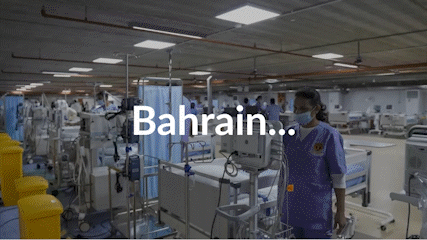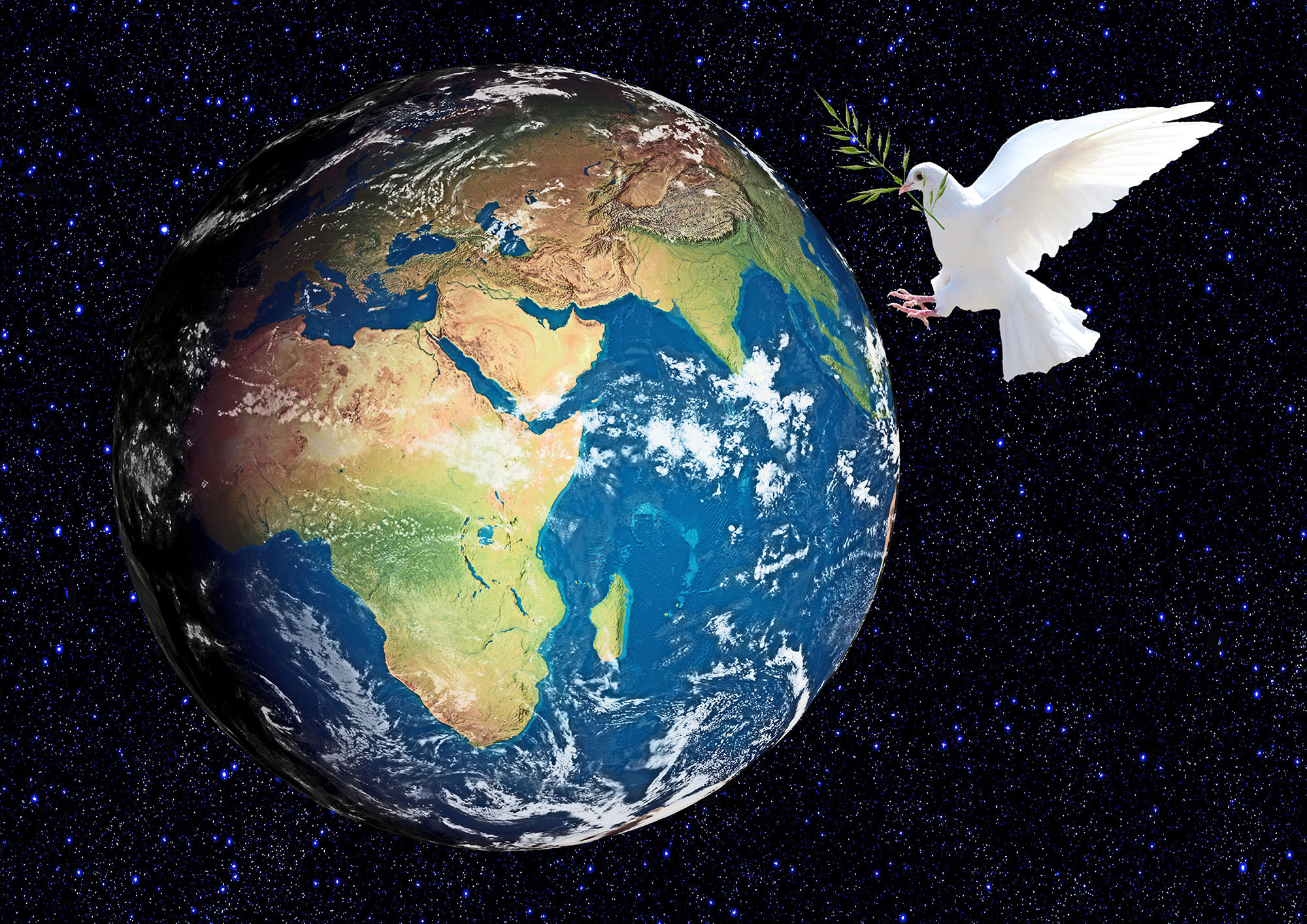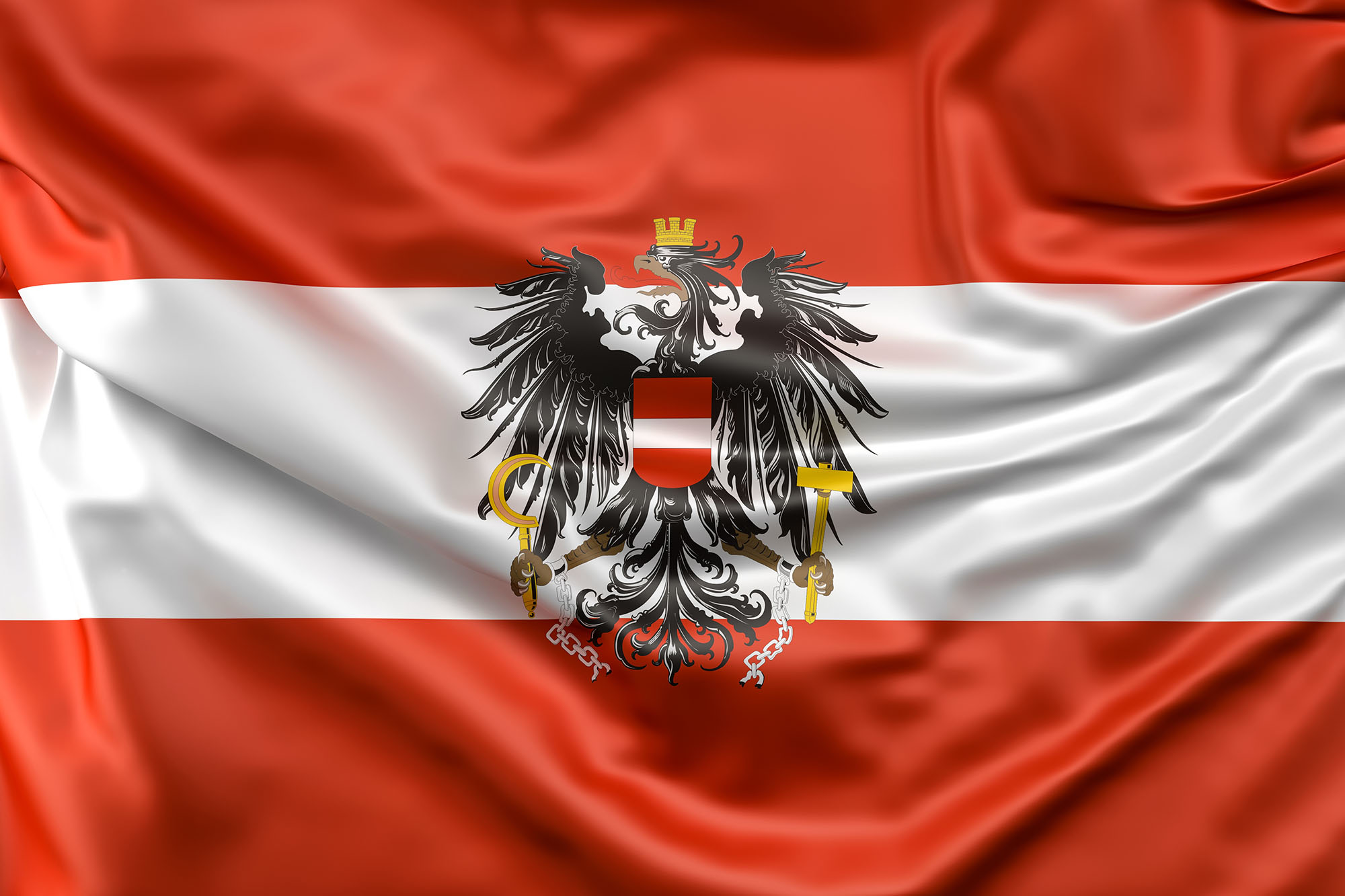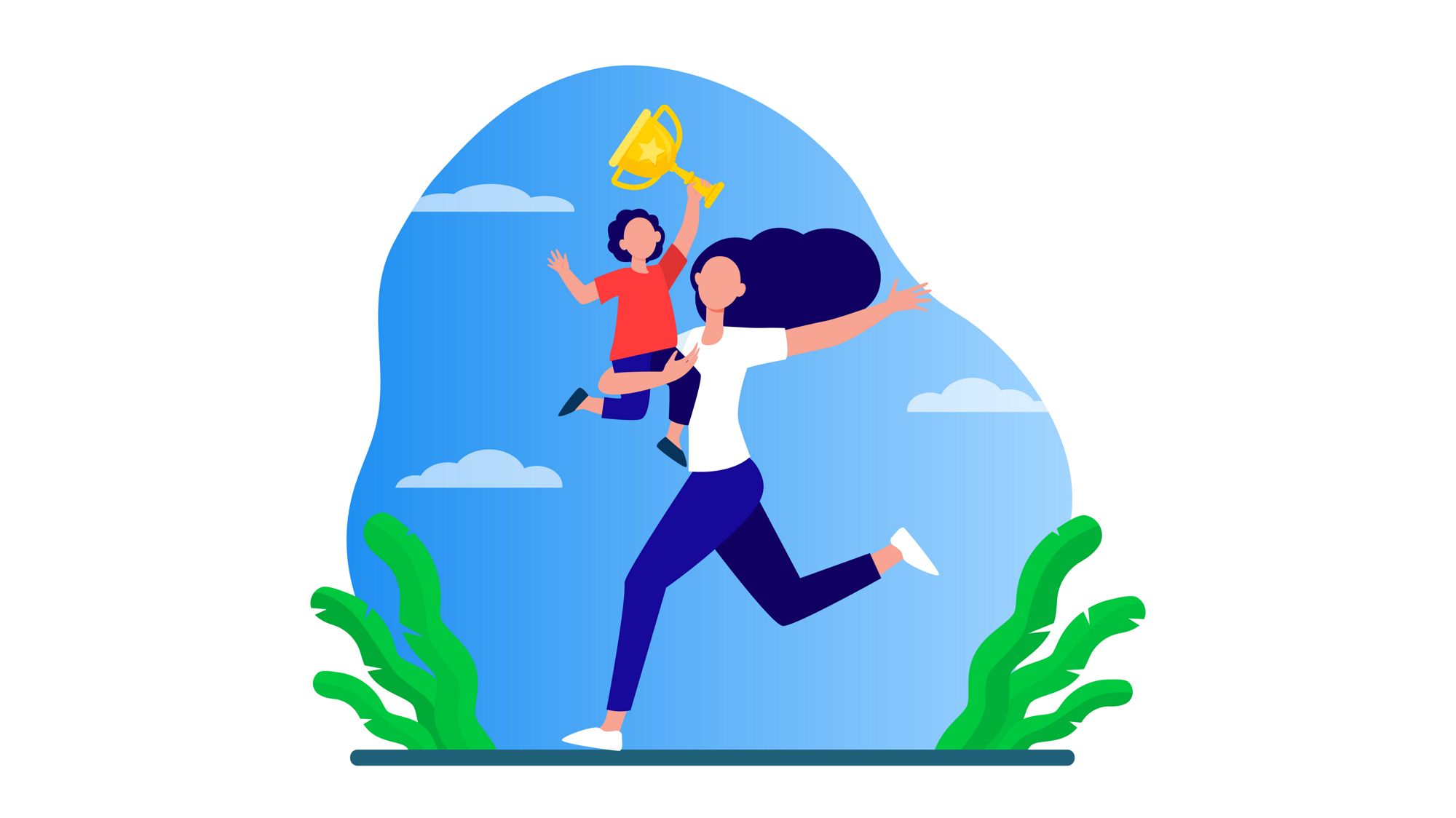
Especially in hard times you comparatively quickly learn one thing:
Walk on, let go, do not look back.
In the bible there is this story about a God-fearing and pious man called Lot – and Lot’s wife. When God in this story tells Lot that he and his family should flee his hometown in order for God to be able to let an earthquake destroy its population as a sign and a punishment, they do so.
And although they are told to follow the guardian angel and on no account look back so as not to be turned into pillars of salt – Lot’s wife is disobedient: She looks back. She is turned into a pillar of salt – and so to this day lives in the (sub)-consciousness of many a Christian or Western person. Not Lot on his own merit, but by his wife’s action, and thus ‘Lot’s wife’ has become immortal.
For looking back.
On the surface the story tells us that being pious means being protected. Yet, I also think that the looking-back part of the story is the most important aspect:
However serious or even catastrophic the situation may seem: Looking back saps your strength and your energy to go on. Continue with life.
I’ve found that true many times, and even though I have seen lots of hardship, pain, suffering and death of loved ones, I also consider myself lucky, compared. I have seen love too, closeness, friendship – and being ‘connected’ to other human beings who know a thing or two about life as well.
The idea seems global really, Buddhism has it, other religions and cultures know it:
Letting go of suffering, walking on, try to avoid pain that may be obvious in advance, from experience…
The choice of what happens is not always ours – the choice of reaction is. Always.
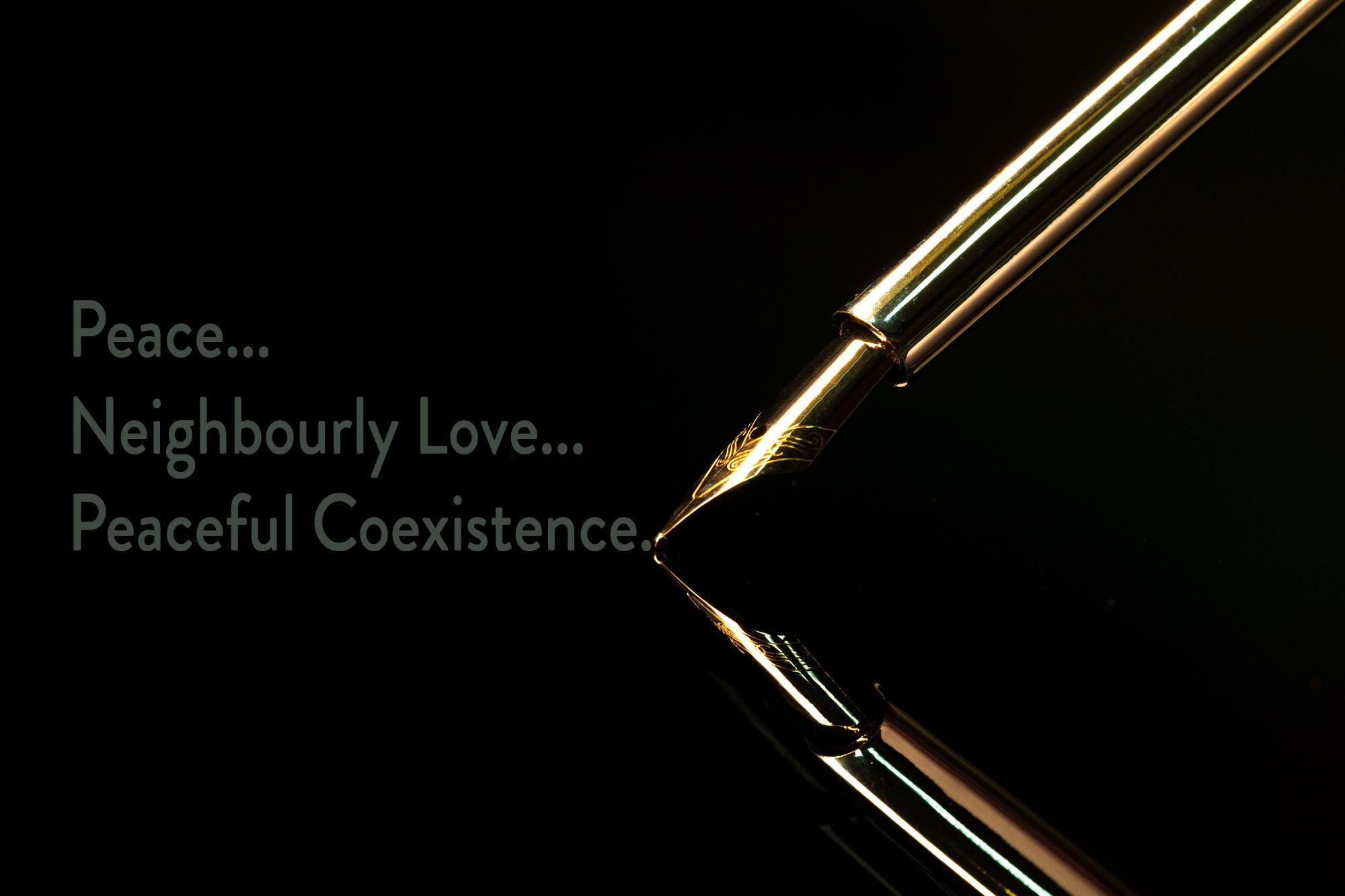
 Making the vaccination mandatory was high time. Here in Austria it will become so in February 2022. I am grateful even if one might wonder if it is not a little late.
Making the vaccination mandatory was high time. Here in Austria it will become so in February 2022. I am grateful even if one might wonder if it is not a little late.